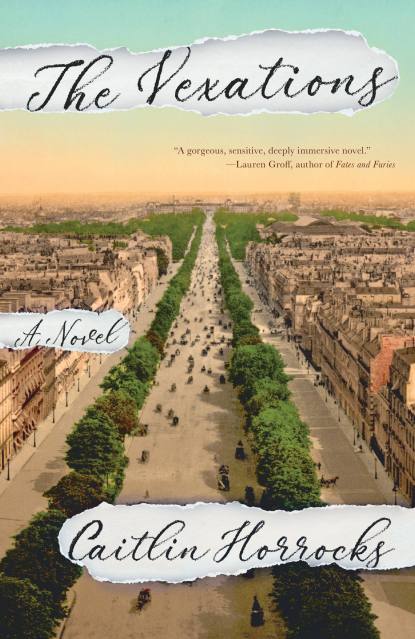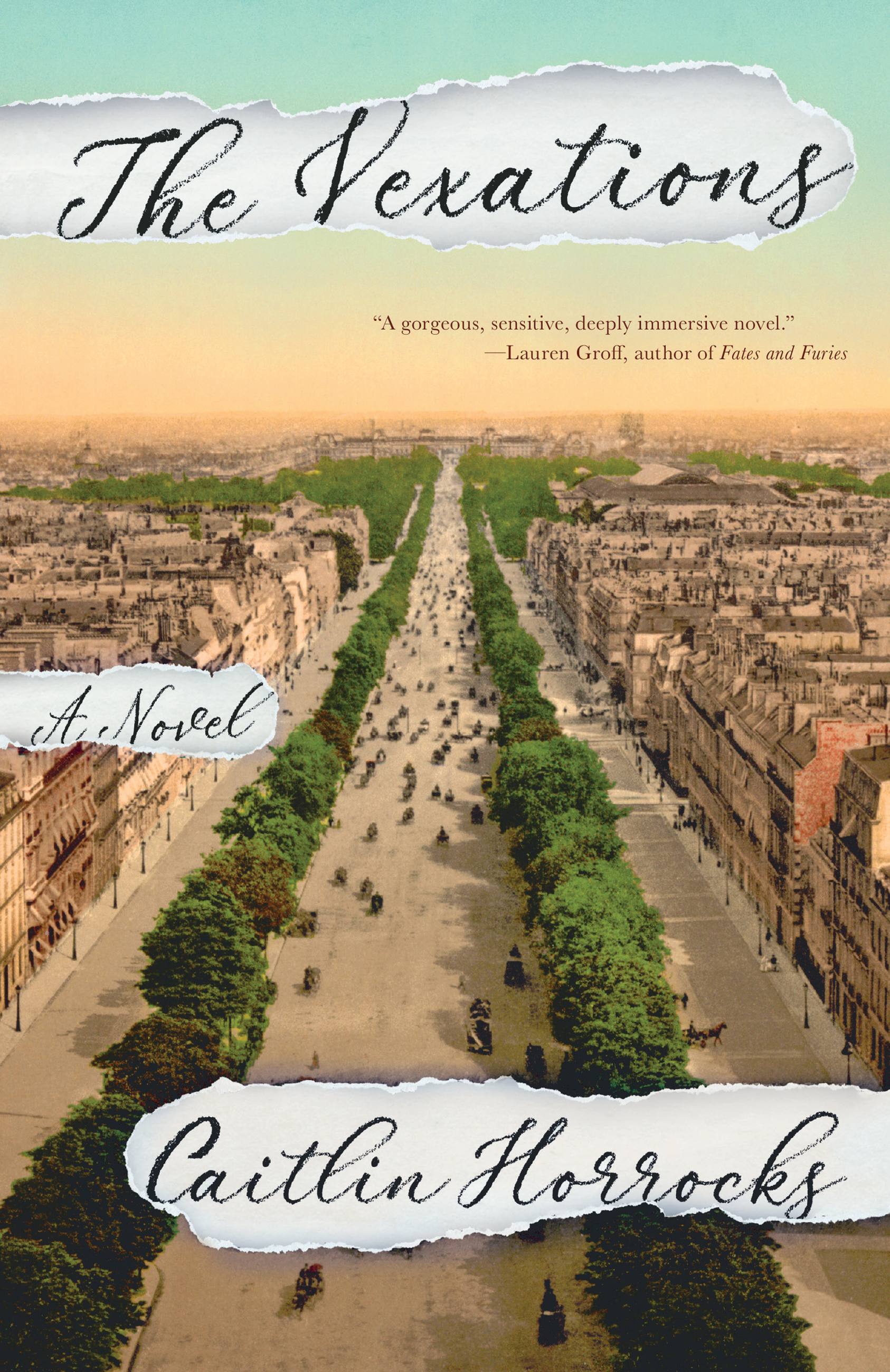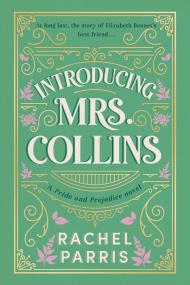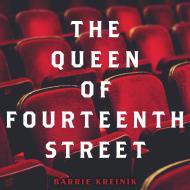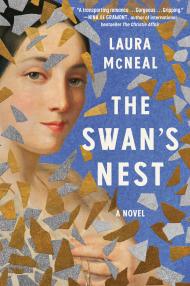By clicking “Accept,” you agree to the use of cookies and similar technologies on your device as set forth in our Cookie Policy and our Privacy Policy. Please note that certain cookies are essential for this website to function properly and do not require user consent to be deployed.
The Vexations
Contributors
Formats and Prices
- On Sale
- Jul 30, 2019
- Page Count
- 464 pages
- Publisher
- Little, Brown and Company
- ISBN-13
- 9780316316934
Price
$14.99Price
$19.99 CADFormat
Format:
- ebook $14.99 $19.99 CAD
- Audiobook Download (Unabridged) $38.99
- Trade Paperback $17.99 $17.99 CAD
This item is a preorder. Your payment method will be charged immediately, and the product is expected to ship on or around July 30, 2019. This date is subject to change due to shipping delays beyond our control.
Buy from Other Retailers:
This “enthralling” debut novel and Wall Street Journal Top Ten Book of the Year circles the life of eccentric composer Erik Satie in La Belle Époque Paris and examines love, family, genius, and the madness of art (New York Times Book Review).
Erik Satie begins life with every possible advantage. But after the dual blows of his mother’s early death and his father’s breakdown upend his childhood, Erik and his younger siblings — Louise and Conrad — are scattered. Later, as an ambitious young composer, Erik flings himself into the Parisian art scene, aiming for greatness but achieving only notoriety.
As the years, then decades, pass, he alienates those in his circle as often as he inspires them, lashing out at friends and lovers like Claude Debussy and Suzanne Valadon. Only Louise and Conrad are steadfast allies. Together they strive to maintain their faith in their brother’s talent and hold fast the badly frayed threads of family. But in a journey that will take her from Normandy to Paris to Argentina, Louise is rocked by a severe loss that ultimately forces her into a reckoning with how Erik — obsessed with his art and hungry for fame — will never be the brother she’s wished for.
With her buoyant, vivid reimagination of an iconic artist’s eventful life, Caitlin Horrocks has written a captivating and ceaselessly entertaining novel about the tenacious bonds of family and the costs of greatness, both to ourselves and to those we love.
Genre:
Newsletter Signup
By clicking ‘Sign Up,’ I acknowledge that I have read and agree to Hachette Book Group’s Privacy Policy and Terms of Use
